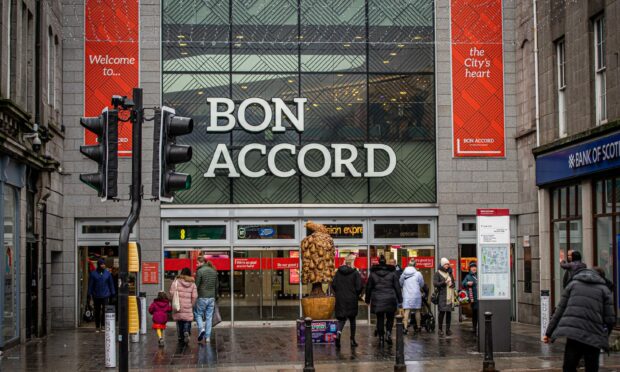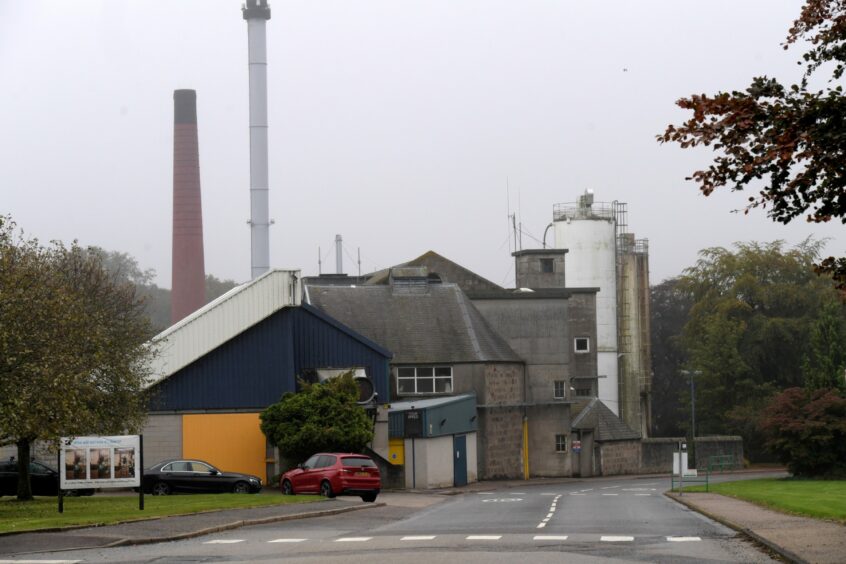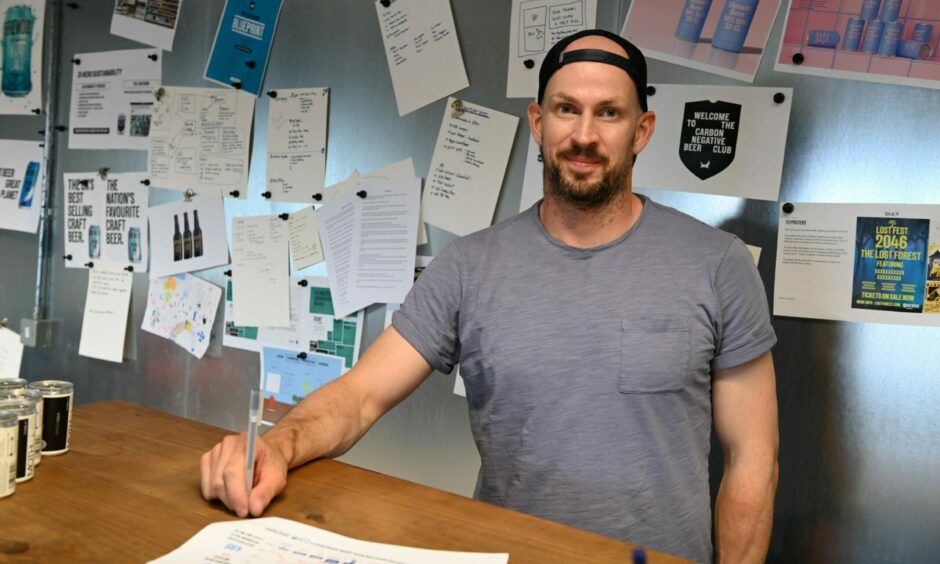It has been a year of almost unprecedented tumult. As we emerged blinking from another wave of Covid infection, Russia launched the horrifying attack on Ukraine. Meanwhile citizens of the UK counted three prime ministers and a cost-of-living crisis. All the while, businesses across the north and north-east of Scotland have rolled with the highs and lows.
Stoneywood mill
Hundreds of job losses at Stoneywood paper mill in Aberdeen are for many people the biggest lowlight of north-east business life in 2022.
Devastating news of the troubled mill’s closure, with more than 300 jobs axed immediately, broke in September.
Bosses revealed they were forced to pay cash for gas to power the plant.
Financial struggles had left them unable to negotiate a fixed contract.
Coronavirus lockdowns, loss of trade, spiralling costs of raw materials and soaring energy prices were all blamed for the mill’s downfall.
Administrators were called into the historic Aberdeen site, finding itself in crisis for the second time in three years.
It was previously saved from administration, after months of talks, in 2019.
In October, Interpath Advisory warned operations would be wound down if a buyer was not found quickly.
Scottish Enterprise said it was “exploring all possibilities to rescue jobs,” while Holyrood ministers faced calls to nationalise the mill.
Aberdeen Northern Hotel
Meanwhile, the future of the Art Deco-style Northern Hotel on Great Northern Road, Aberdeen, remains uncertain after a troubled year in which sky high inflation hit home.
In June, owner Steven Finnie told The Press and Journal about his “heartbreaking” dilemma as costs went through the roof.
He added: “We’ve swallowed costs on little income during the pandemic.
“Things were getting better, but now it’s all gone backwards again and become impossible to make a profit.”
Spiralling energy bills and business rates forced him to mothball the landmark hotel’s 32 bedrooms.
He later shut the bar as he struggled to keep the business afloat.
The hotel is now shut “until further notice”, leaving the future of the striking building – home to homeless and other vulnerable people during Covid lockdowns – in considerable doubt.
Mr Finnie said taking the decision to close had been a “difficult day” for his family, which has run the business for the past 25 years.
However, he stressed the rising energy bills had made it “impossible” to keep trading.
Brewdog
Brewdog hot the headlines once again when it was the subject of a BBC Disclosure documentary at the beginning of January.
In the programme, The Truth About Brewdog, it looked into allegations about the brand’s workplace culture.
In August the company closed six of its pubs due to rising costs and the energy crisis, including the Peterhead one in Marischal Street and the Hop and Anchor in Aberdeen.
Mr Watt said the decision was taken because there was “no prospect of any help from a clueless government”.
In September Mr Watt was awarded £600,000 after he was scammed out of thousands of pounds by an ex-girlfriend who was secretly behind an online trolling campaign.
Mr Watt has spoken of his relief and said he was “overwhelmed by the support” following the court ruling in his favour.
He revealed the “considerable distress and anxiety” he suffered during the time which saw him conned out of £100,000.
Emili Ziem was ordered to repay him the money, plus £500,000 in expenses after Lord Brailsford ruled in his favour at Edinburgh’s Court of Session.
The judge stated that she conducted a scam which set up fake social media pages to spread damaging online rumours about the brewery boss.
The company hit the headlines again last month when it announced it would become a World Cup “anti-sponsor” by donating the profits of a beer to human rights charities.
The company has hit it out at Qatar, saying the country won the right to host the competition “through bribery on an industrial scale”.
However, questions were raised when the beer brand said it would still be showing the live matches at their venues – causing some social media users to label them “hypocrites”.
BrewDog replied to the criticism by saying they “don’t want to stop” people watching the football, and that the more beer they sell, the more money will go to charity.
Bon Accord Centre
Most businesses were affected by increasing costs as inflation hit a 40-year high driven by skyrocketing energy prices. This was a double whammy as customers are facing the same costs which have caused belts to tighten.
Coming after the pandemic years which took a toll on many industries but particularly “non-essential” retail, owners of the Bon Accord Centre caved in to the mounting pressures and fell into administration.
The administrators Azets say the mall is still open and it’s “business as usual” as they seek a new owner.
READ: North and north-east business year in review: winners and losers part 2



